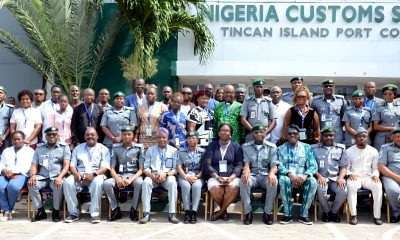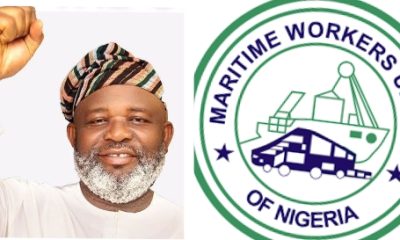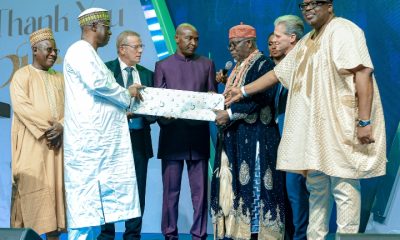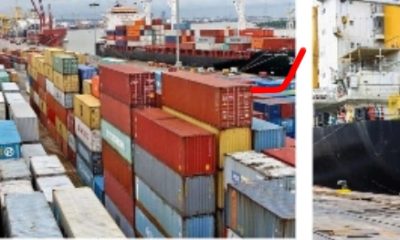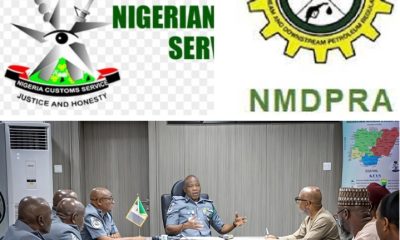By Ezurike Ugochukwu
The cancelled contract entered by the Nigerian Maritime Administration and Safety Agency (NIMASA) with Global West Specialist Vessels Limited, no doubt boosted the agency’s revenue while it lasted.
Five years after the termination of the contract with the company sponsored by ex-warlord, Chief Government Ekpemupolo, (aka Tompolo).
The new Director General of NIMASA, Bashir Jamoh,testified that the contract actually boosted NIMASA’s revenue, even as the contract was not only canceled, the company and Tompolo are also being prosecuted, regardless of the spike in operations and revenue it engendered.
Jamoh in a chat with Journalists in Lagos stated that there was a Public Private Partnership (PPP) arrangement with Global West adding that the engagement of the firm was not limited to maritime security saying that its involvement with NIMASA included enforcement of certain aspects of the agency’s Flag and Port State control mandate.
The DG recalled that the arrangement was such that payments was only attainable to Global West only when there was recorded increase revenue profile of the agency.
He also disclosed that a total of 25 intervention boats were procured by Global West until it ran into problem with the current administration and the Economic and Financial Crime Commission, EFCC, had to move in.
He said: ‘‘The Jonathan administration introduced the Global West alternative, which came in form of Public Private Partnership arrangement and the scope did not limit them to maritime security; it included enforcement, Port and Flag State control.
“They also looked at our own revenue as their payment was based on the agency’s increment in NIMASA’s revenue resulting from their activities.
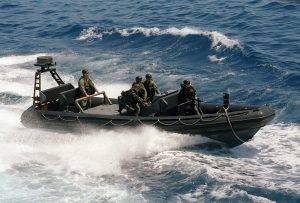
Members of Navy SEAL Team 5 practice small boat tactics in a Naval Special Warfare Rigid Hull Inflatable Boat (RHIB) off the USS JUNEAU (LPD 10) during Exercise KERNEL BLITZ ’97. The 11-meter RHIB is a high-speed extreme-weather craft that carries a crew of three and a SEAL element. KERNEL BLITZ is taking place off the coast of Southern California and Camp Pendleton to train Navy and Marine Corps personnel in amphibious operations.
“If as a result of their effort, NIMASA makes extra monies, it was from the extra that they got paid.
“Today, we have it on record that they had about 25 intervention vessels, some, because of their issue with EFCC, are no longer serviceable but we still have some serviceable vessels that are in the custody of the EFCC.
“All these issues are under investigation and we are yet to get to the end of the investigation.”
Baring his mind, a former Director of Shipping Development, NIMASA, Captain Enisouh Waredi said it was intelligence that was deployed as strategy that increased NIMASA’s revenue.
He stated that while a lot of shipping firms tried to short-change NIMASA by under-declaring what the vessel was carrying and paid less of the three percent bench mark, the agency, through its intelligence gathering mechanism already had a prior knowledge of the content of the vessel.
He revealed that before Global West intervened, NIMASA was making about $10million – $12million per annum but the intervention raised the figure to about $19.5million per month, saying that; “It was from this increase that Global West got paid for its services.”
On the local currency revenue, it was gathered that before the engagement of Global West, NIMASA was making about N30 billion per annum but the intervention raised the figure to about N80 billion.
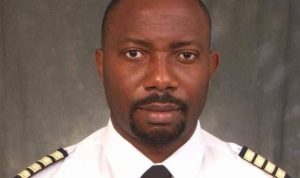 Waredi also explained that when the contract was advertised, a lot of people thought it was unprofitable but Global West went for it adding that for over one year it did not make profit until it changed strategy and deployed intelligence to its operation and started making money for NIMASA afterwards.
Waredi also explained that when the contract was advertised, a lot of people thought it was unprofitable but Global West went for it adding that for over one year it did not make profit until it changed strategy and deployed intelligence to its operation and started making money for NIMASA afterwards.
On connection with Tompolo, Waredi said: “Global West approached several banks for loan and none listened to them before they approached Tompolo who helped them out with the money to acquire their boats.
“That was how the whole Tompolo’s boats came about; he was never part of Global West neither was he a Director or Shareholder in Global West.
“Even after Global West acquired those boats, it was still running at a loss until it was advised to change its strategy. It was at this point that I was directed to draw up a strategy on how Global West should operate and how NIMASA should respond.
“It was after the change in strategy that Global West started making money for NIMASA and getting paid,” Waredi concluded.

 Crime1 year ago
Crime1 year ago
 Business5 years ago
Business5 years ago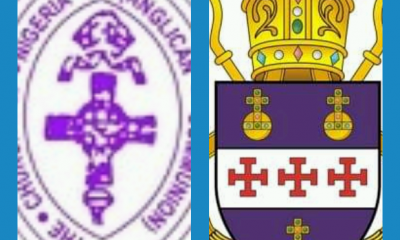
 News6 years ago
News6 years ago
 Crime2 years ago
Crime2 years ago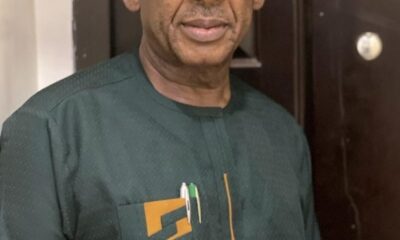
 News2 years ago
News2 years ago
 News6 years ago
News6 years ago
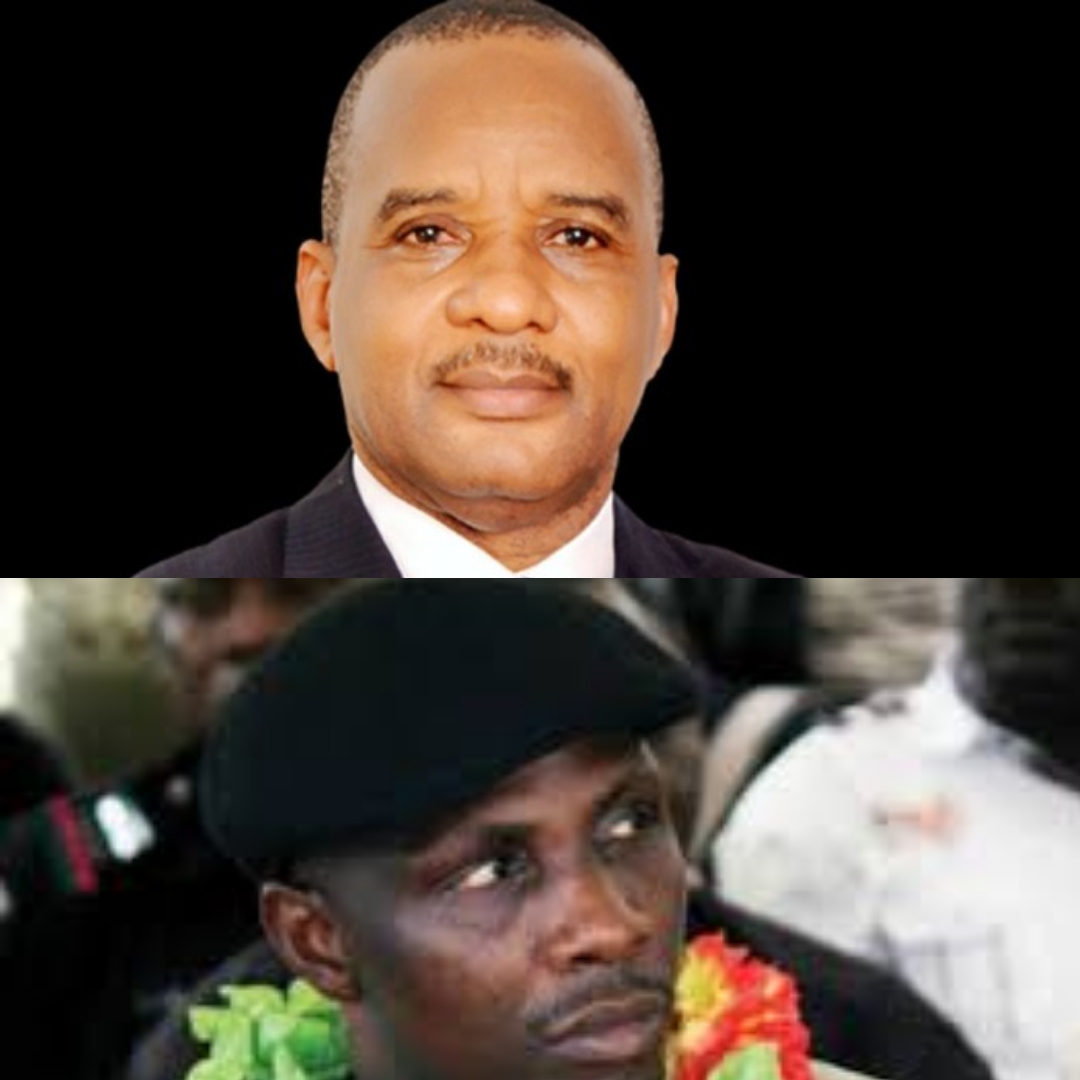


 Waredi also explained that when the contract was advertised, a lot of people thought it was unprofitable but Global West went for it adding that for over one year it did not make profit until it changed strategy and deployed intelligence to its operation and started making money for NIMASA afterwards.
Waredi also explained that when the contract was advertised, a lot of people thought it was unprofitable but Global West went for it adding that for over one year it did not make profit until it changed strategy and deployed intelligence to its operation and started making money for NIMASA afterwards.
